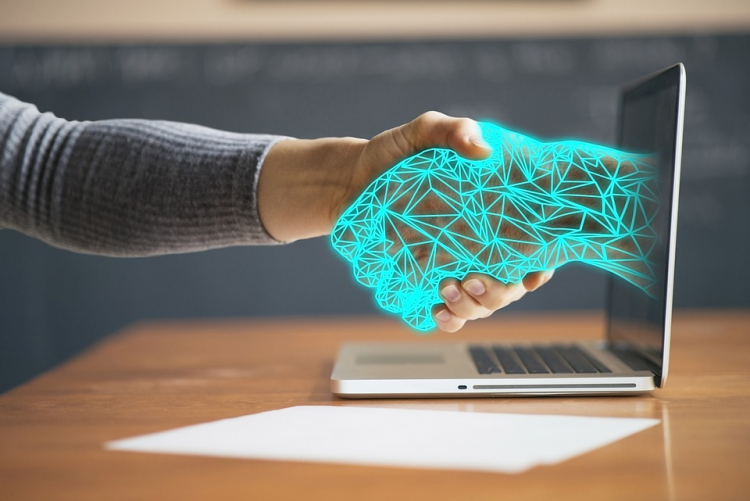The European Parliament has started working on a future regulation of artificial intelligence . Last week, the European Parliament approved with a large majority the decision to start negotiations to draw up a new law that will limit the abusive uses of artificial intelligence. The aim is to ensure that algorithms and generative models are controlled and supervised by people, as well as that they respect the freedoms and rights of citizens without hindering innovation.
The new law, which is in the negotiation phase and will be voted on during the month of June, is the result of a first draft that the European Commission presented in 2021. In this sense, the new document is more restrictive that the initial proposal and focuses especially on generative models. Therefore, the legislation will require these technologies to be more transparent, since products generated with artificial intelligence will have to be identified as such. The new law also insists on the protection of copyright, forcing generative models to publish which sources they have used to develop the content. However, Europe does not want to limit the innovation of the developing people. For this reason, the restrictions will be gradual depending on the field in which they are applied and areas such as health or fundamental rights will have to pass more filters.
If the European Parliament approves the new regulation, a specific negotiation will begin with each of the member states. Once the respective negotiations have been completed, the new regulation will be voted on one last time before starting to apply. The forecast is that this process will end in the spring of 2024.



